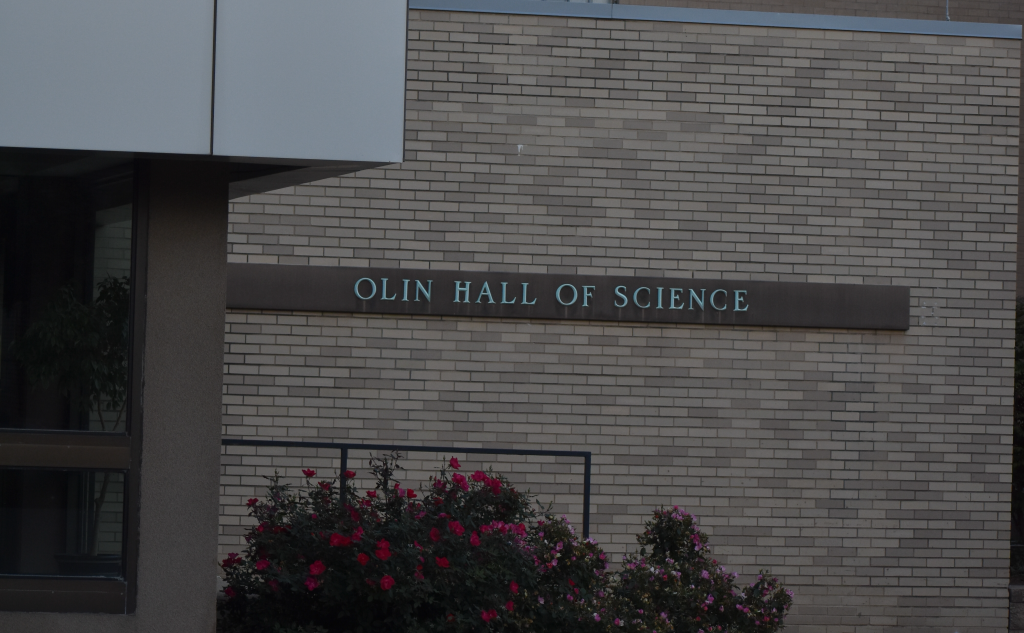
One of the biggest shifts as college and the COVID-19 pandemic collided may have been in the sciences, where a hands-on curriculum plays a big role in student academics.
This past summer, a team of about 40 professors from all departments across campus had meetings to discuss virtual learning and to determine how much face-to-face interaction would be necessary.
In biology, all the labs were kept in-person except for the anatomy labs and major level genetics labs. These labs involve dissections, which could prove difficult to continue if the university decided to shut down all in-person classes. Hence, professors deemed it best to keep these labs virtual instead of shifting back and forth, given the uncertain possibilities.
“We discovered very quickly that the virtual dissections that are now available are of high quality and were not even available five years ago,” said Kelly McConnaughay, biology professor and acting dean of the College of Liberal Arts and Sciences.
Students have responded positively to these online labs.
“My lab professor gives us an informative walk through the experiment outlines as we identify the three-dimensional structures of proteins, genetic mutations, etc.,” said Dainaly Campuzeno, a senior biomedical science and psychology major. “It’s been a pretty good experience so far, but it definitely does not beat hands-on experience.”
Some other labs, like the Science 101 series, provided remote learners with kits to work on experiments from the comfort of their own homes while being challenged to come up with hypotheses and discover ways to either accept or reject them.
“In our department, we have never given students cookbook labs, like ‘Mix this with this and pour this, then write this number down,’” said Sherri Morris, chair and professor of biology and co-director of Bradley’s Center of STEM Education. “We encourage them to make observations and challenge themselves to have a certain level of engagement.”
In the biochemistry department, all senior-level students are taking their labs in-person due to smaller class numbers and lack of remote learners.
The associate professor and chair of the chemistry and biochemistry department, Michelle Fry, said that students who had to quarantine could even make up missed labs after the quarantine period.
The psychology department is offering the behavioral neuroscience lab this semester, both virtually and in-person. The lab includes the dissection of sheep brains. Students learn about the biological basis of behaviors in animals by locating important structures in the brain that are responsible for daily functions. The lab is offered in-person and virtually.
“Even though our intent this summer was to be face-to-face during the fall, I don’t think we fully grasped the challenges that came with it, like wearing masks and classroom sizes,” said Timothy Koeltzow, associate professor and chair of the psychology department.
For virtual learners, a document camera is used to show the dissections while students in the classroom do the brain dissecting themselves in the labs.
There are other internship opportunities through community partnerships offered this semester in the psychology department, which were impacted by the pandemic. Most of the training for those partnerships had to be moved online to reduce contact, as much as possible.
“Something good about all of this is that we will be on the other end of this pandemic with a capability to deliver every course in our portfolio online, under the right circumstances,” Koeltzow said. “This gives us options to engage non-traditional learners or people who almost finished their degree but could not do so, due to other circumstances.”




